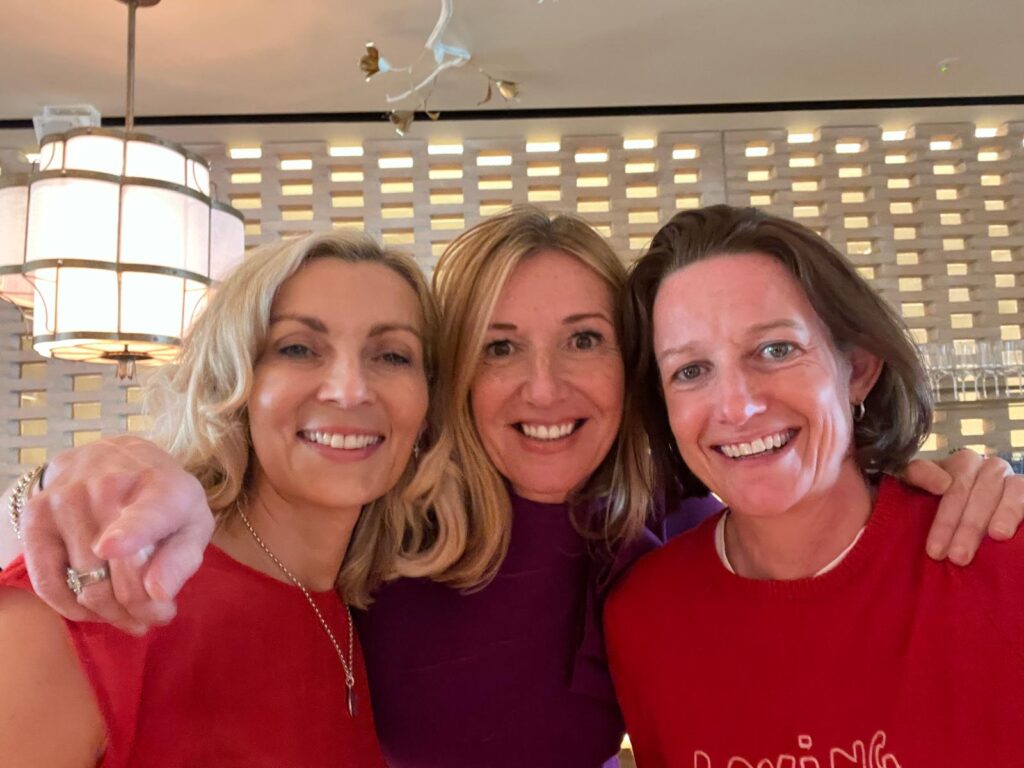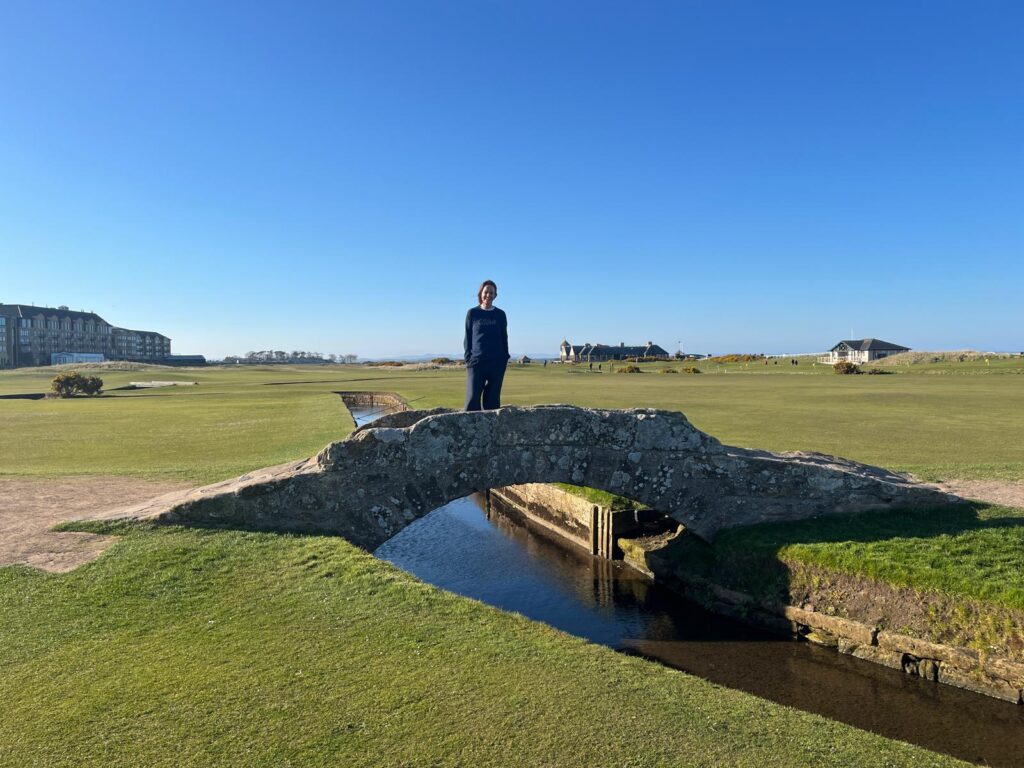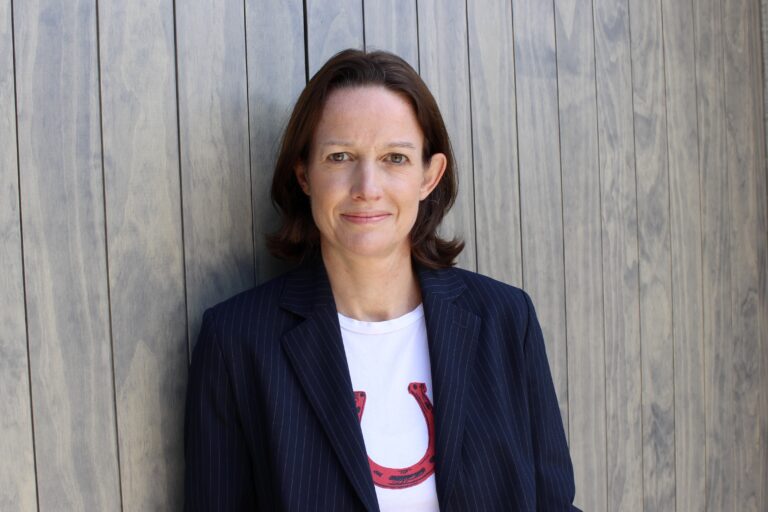With a career spanning more than 25 years, Melissa Robertson has shaped some of the UK’s most recognisable creative work and steered agencies through times of transformation and growth. From her early days at Grey London to helping launch Miles Calcraft Briginshaw Duffy and co-founding the independent agency Now, Melissa’s journey reflects not just staying power but also a drive to challenge convention.
As CEO of Dark Horses — the sport, fitness and wellbeing agency with creativity in its DNA — Melissa leads a team united by a passion for performance, both on the pitch and in the work they deliver. A champion of gender equality and a former Director of the pioneering women’s platform The Pool, she’s as committed to purpose as she is to powerful ideas.
SMEToday caught up with Melissa to talk about her career, leadership, the evolution of the creative industry, and how Dark Horses is harnessing the energy of sport to push boundaries in brand storytelling.
- How did you start your business?
It was just a serendipitous moment in time when meeting the right people conflated with a moment when I was  feeling quite restless with where I was at the time. In retrospect, having three children under 5 was perhaps a little overwhelming, but it all worked out.
feeling quite restless with where I was at the time. In retrospect, having three children under 5 was perhaps a little overwhelming, but it all worked out.
- How do you evaluate the past ups/downs of your business?
When you go through challenging times, it’s very easy to feel the walls coming in, but I’ve been doing this long enough to be able to reassure myself that it’s all cyclical and it’s just a moment in time. It will and always does change. If you think positive, you feel better, and your outlook reverts to optimism. I wouldn’t say it was manifesting per se, but it’s vital not to get sucked into bleakness. Madness lies in scrutinising every week and month, rather than keeping your head up with a longer-term perspective. You should know the numbers inside out, but allow yourself to flex.
- What is a typical day like for you?
Check no work chaos overnight/kids/dog/cycle/wooooooooooooork/cycle/dog/kids/final work check/bed (maybe my husband gets a look in from time to time).
- What are the biggest challenges to being a business person?
The guilt that you’re not quite able to give everything 100% attention, because you are not only juggling life and work, but also work and work. Everything would ideally be in the moment, but the reality doesn’t quite work like that.
- How do you handle the stress that comes with responsibility?
I’ve got better at letting go of the walls-coming-in moments. Your inner voice is your biggest challenge, and you have to train it to remind yourself that you’ve been in similar/worse situations before, and you can deal with it. Think of what advice you would give to someone else in the same situation, then take it.
- How do you take care of your own and the mental health of your workforce?
Openness and candour, if people feel able to. It’s critical that we’re all there for each other, but it’s difficult to support people and vice versa, if you don’t know what they are dealing with.
- What’s your definition of success?
Enjoying your job, feeling that you make a difference (to your clients, your team, your organisation), having a life outside of it all.
- How did you win over your first customers? First investors? First business partners?
Not sure it was ever a conscious strategy. As Reagan said (and who doesn’t want to quote Reagan???): If you’re explaining, you’re losing. Ask lots of questions, be yourself, don’t lie and don’t talk too much.
- What’s your most satisfying moment so far?
Successfully organising (some might say scrabbling together) a brilliant comedy night of 11 female comedians, hosted by Davina McCall to raise awareness and reduce the stigma around menopause.
- Have you ever felt unsure of a decision you made?
Every day – but better to make one than not.
- What are your daily habits for connecting with your team?
Not necessarily daily, but it’s good to have weekly and monthly catch ups diarised and ensure that they actually happen. Sometimes we’ll only talk about projects in play, but sometimes it will be nothing to do with work. It’s important to allow the time and space to be humans and understand more about each other. Obviously, being available for impromptu chats is also critical, because the answer to ‘have you got a moment’ should always be ‘yes’.
- How do you build trust with your employees?
By being open and candid myself, it encourages the same behaviours in others. Without overburdening people,  it’s been hugely helpful that people have understood and supported me through the challenges of navigating menopause and dealing with sick family members; and that has given them the freedom to open up about the hurdles they might be facing.
it’s been hugely helpful that people have understood and supported me through the challenges of navigating menopause and dealing with sick family members; and that has given them the freedom to open up about the hurdles they might be facing.
- How do you keep your team motivated?
Praise is a greatly undervalued tool. Sure, people get paid to do their jobs, but we’re all still buoyed by validation and recognition. Saying ‘well done’ and ‘thank you’ and giving people deserved shout-outs go a long way. And try to keep up with meaningful career development reviews, and helping people understand their progression and trajectory.
- What is it, and how do you encourage company culture?
Company culture can’t exist through just one or two individuals in the leadership team – no-one is buying into forced fun dictated by the mum and dad execs. It helps that we’re all into sport and fitness in one form or another, so there’s lots of social interaction through shared passions – from run clubs to discussing the weekend results to attending matches, and beyond.
- How do you plan on growing your business?
A strong story, proven results, great reputation, doggedness, positivity and energy.
Thanks for talking to SMEToday Melissa.

